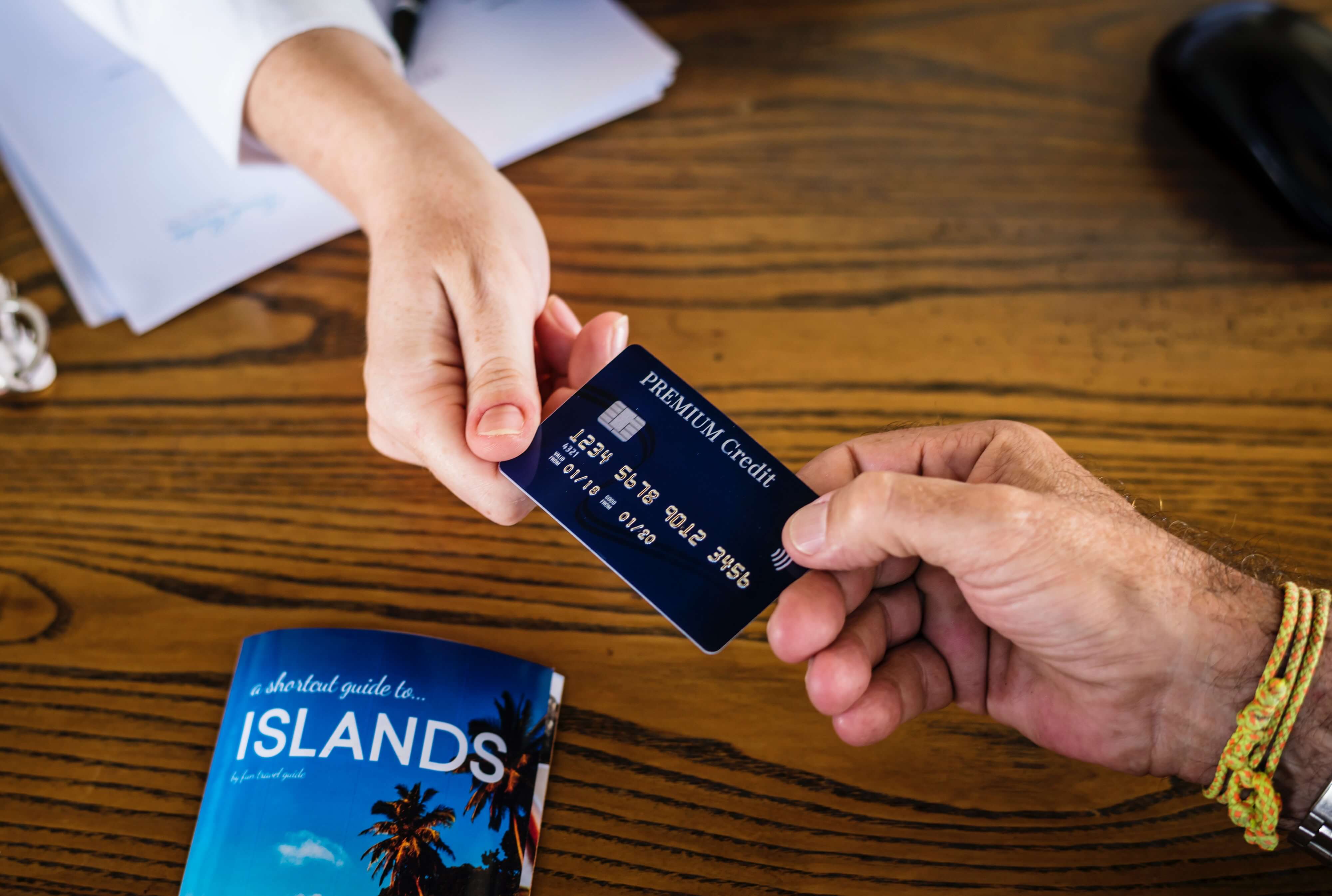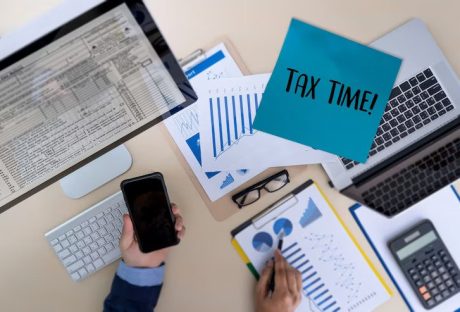You find the house of your dreams but are told by the realtor that the home comes with a property tax lien. Do you give up on that house and find one that doesn’t have a lien? Even though friends and family might suggest you move on, it’s better to have a deeper understanding of property tax liens before making a decision.
What Is a Property Tax Lien?
When homeowners have a financial setback, they often have problems making their mortgage payments. In many cases, they are also unable to pay their property taxes. When a homeowner doesn’t pay property taxes, their property becomes tax delinquent. A property tax lien prevents this property from being sold or refinanced. Depending upon the state they live in, after a certain period of time, the municipality can repossess, seize, and foreclose on the property. When this happens, the town or county that is owed the taxes issues a property-tax lien certificate against the property. The lien includes the owed taxes, penalties, and interest. Once there is a foreclosure, this certificate is then made available for sale, usually in an auction.
There are two types of sales based on unpaid property taxes.
Tax Deed Sale:
A tax deed is a legal document that transfers property ownership from the homeowner who didn’t pay the taxes and the municipal governmental entity owed the taxes. In turn, the government then has the authority to sell the property, collect the owed taxes, and transfer ownership to the purchaser. In this case, the property is sold at auction and includes unpaid taxes. Buying a foreclosed property gives you complete ownership of the property. The price may start low but is often driven up by competing bidders. Once the property is purchased by the highest bidder, it is owned clear and free of all mortgages and liens against it.
Tax Lien Sale:
In this type of sale, the lien is auctioned off to the highest bidder. It includes the interest incurred. If the liens are not paid, the new owner can foreclose on the property. Many states will utilize a tax lien sale in an attempt to get their unpaid taxes from the homeowner. They usually come with high penalty fees. The process and time period associated with tax lien sales depends upon the state where the property is located. Homeowners whose property is sold in a tax lien sale are given a period of time— a redemption period—to pay their taxes plus interest to the holder of the lien.
The owner of the lien may not end up owning the property should the homeowner pay back the taxes plus interest. However, there is an opportunity to make money from the accrued interest. Interest rates vary by state, for example:
- In Florida, the maximum interest rate is 18 percent with a guaranteed minimum of 5 percent on liens redeemed early.
- The Mississippi tax lien rate is 18 percent—1.5 percent per month—and must be repaid in two years.
- Iowa’s interest rate is on the lower side, at 2 percent.
The interest rates and sales process are structured by local jurisdictions and are also dependent upon the auction. Be sure to check with the municipality before making decisions. Because of low interest rates and the volatile stock market, many people are looking for other ways to get a return on their investment. With more than$14 billion in unpaid property taxes, purchasing properties with liens, for some, is a viable investment opportunity.
It is important to understand what you are buying before you make an offer. When you purchase a tax lien certificate, you are not attaining ownership of a piece of property. You are purchasing the lien on the property. The delinquent homeowner still owns the property. When you buy a tax deed, you take ownership of the property in its entirety.
Read Also:






















